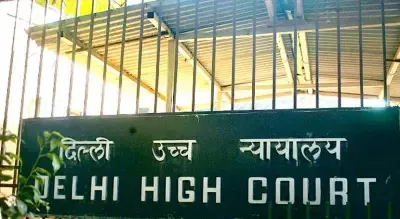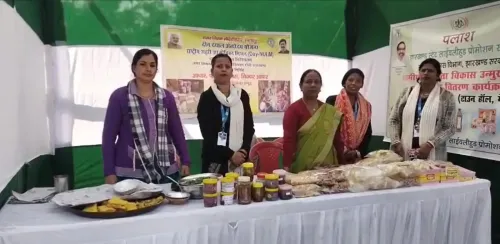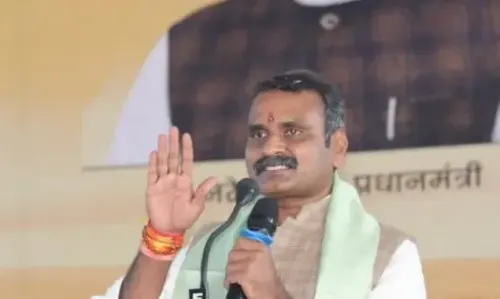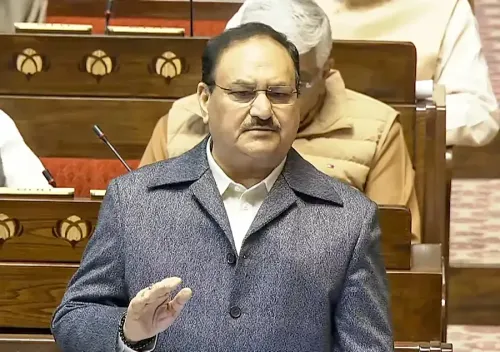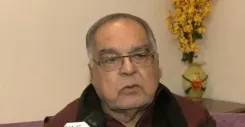Are Covid Cases on the Rise in India? Government Monitoring Situation
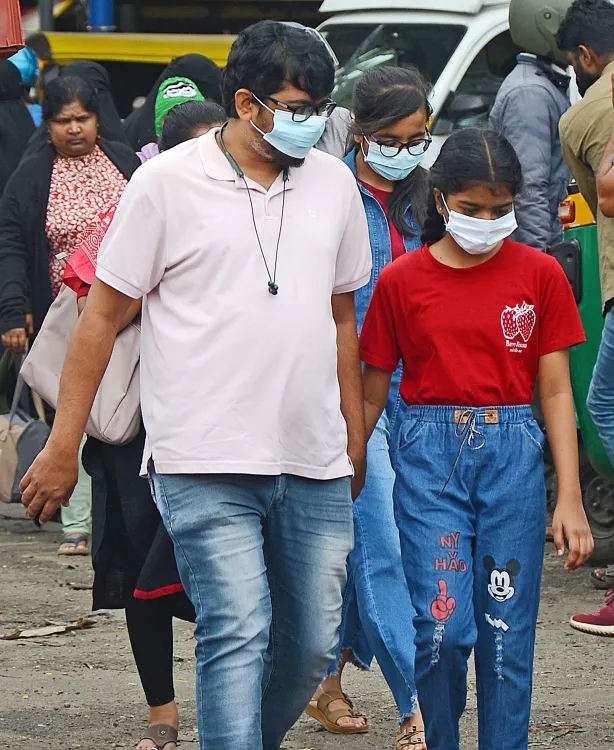
Synopsis
Key Takeaways
- Current Covid-19 cases in India: 2,170
- 511 new cases reported
- Major recovery rate with 255 discharges
- Kerala, Maharashtra, Delhi, and Gujarat most affected
- Variants NB.1.8.1 and LF.7 identified as responsible
New Delhi, May 31 (NationPress) In light of the recent surge in Covid-19 cases, the total count of SARS-CoV2 infections in India has reached 2,170. The Health Ministry reported an increase of 511 new cases compared to the previous day on Saturday. Additionally, 255 patients were either discharged or migrated within the last 24 hours, reflecting a positive trend in recovery.
According to the statistics, the cumulative death toll since January 1, 2025, has escalated to 22 across various states.
Kerala has emerged as the most affected state with 1,147 cases, followed by Maharashtra with 424, Delhi with 294, and Gujarat with 223.
Maharashtra has recorded the highest number of fatalities, totaling 7, with Kerala accounting for 5 deaths, and Delhi 2.
In the last 24 hours, 255 patients were discharged or migrated, indicating a notable recovery rate.
The total number of recoveries since January 1 now stands at 1,170, with Kerala (72), Delhi (77), and Maharashtra (34) contributing the greatest numbers of recoveries today.
The latest data from the Indian SARS-CoV-2 Genomics Consortium (INSACOG), which operates under the Ministry of Health and Family Welfare, indicates that the variants NB.1.8.1 and LF.7—descendants of the JN.1 Covid variant—are responsible for the uptick in cases.
As of now, the World Health Organisation (WHO) has not categorized LF.7 or NB.1.8 as Variants of Concern (VOCs) or Variants of Interest (VOIs).
While these variants may possess the ability to evade immunity, there is currently no evidence to suggest they lead to severe long-term infections.
Common symptoms associated with these variants include fever, runny nose, sore throat, headaches, fatigue, and exhaustion.
Recently, Dr. Rajiv Bahl, Director General at the Indian Council of Medical Research (ICMR), reassured the public that there is no cause for alarm as the infections are not severe.
Dr. Bahl emphasized that the government is closely monitoring the situation.
He also highlighted the importance of remaining vigilant and prepared for any potential surge in cases.
Delhi Chief Minister Rekha Gupta has issued directives to all hospitals in the national capital to ensure the availability of essential resources such as beds, oxygen, medications, and vaccines.
She reiterated that the government is attentively observing Covid cases and assured that “there is no panic situation.”


